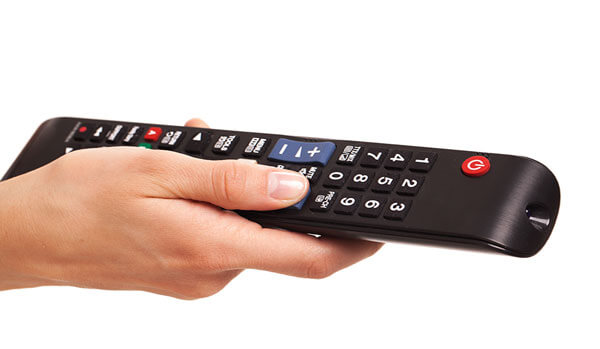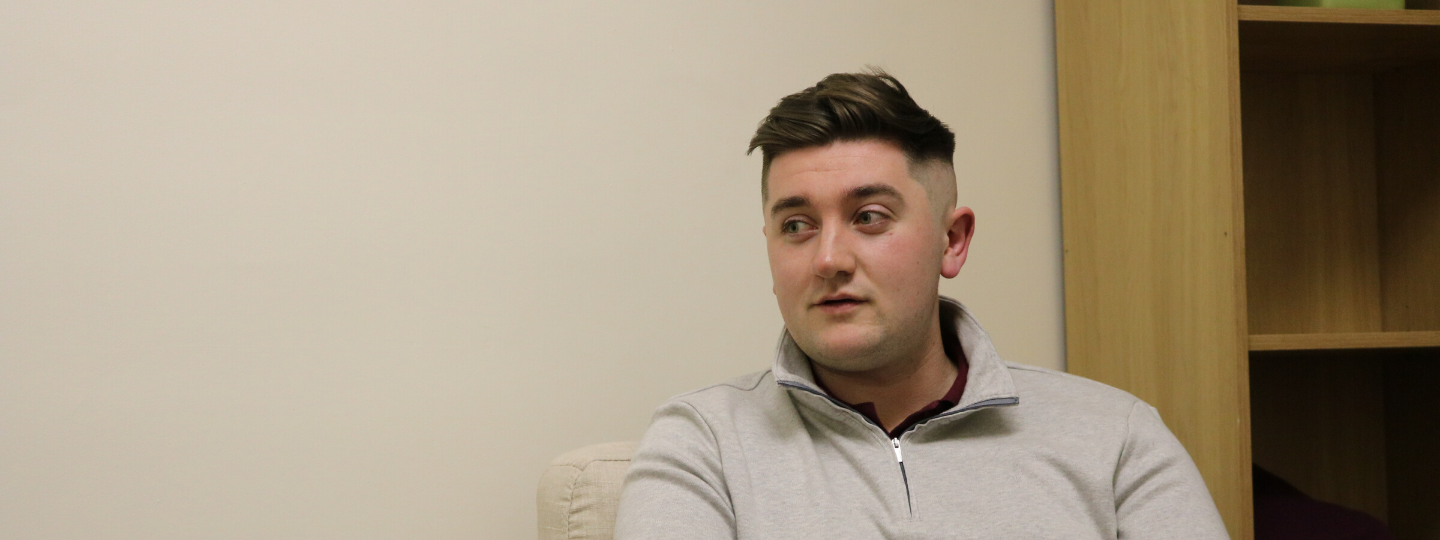Difficult relationship with food
Difficult relationship with food
Wednesday, 01 September 2021
There are many things which can affect our relationship with food. As we get older, our tastes can change and our appetite can vary depending on our energy needs.
However, sometimes our relationship with food can become difficult or strained. We may start to feel self-conscious eating in front of others, begin to calorie count or restrict food.
In this article, you will find:
- Why would someone restrict food?
- When to be concerned
- How limiting food may affect your thinking
- Changing the focus on your body
Why would someone restrict food?
There are many reasons for this. It can be a way to feel more in control when things around us feel outside of our control. It can be a way to cope with feelings of stress or anxiety.
Sometimes we can have difficulties with how we see ourselves, or don’t like how we look. This might make us try to change how we eat.
We may try to change our behaviour or our bodies, or attempt to ‘control’ our shape or our weight.
When to be concerned
It is good to aim for a healthy balanced diet. Though there are some indicators when our relationship with food is becoming unhealthy.
For example, becoming overly focused on controlling your food intake, including putting strict rules in place. Or trying to control how food is absorbed by exercising excessively. These behaviours can potentially be harmful to your body.
It can be easy to fall into unhealthy habits regarding food, eating and excessive exercise. But harder to break this cycle.
If you’re concerned about yourself, or someone else, this questionnaire may help check if extra support is needed.
- Do you make yourself sick because you feel uncomfortably full?
- Do you worry that you have lost control over how much you eat?
- Have you lost more than one stone over a three-month period?
- Do you believe yourself to be fat when others think you are thin?
- Would you say that food dominates your life?
(This questionnaire was developed by John Morgan at Leeds Partnerships NHS Foundation Trust)
Speak with a parent, trusted adult or doctor if you answer yes to any of these questions. Make sure you tell your GP about these things and ask them to check your physical health.

Thinking patterns
Without enough energy, our thinking patterns can become more rigid and narrow.
How limiting food may affect your thinking
Limiting food, eliminating certain food types or exercising excessively, can starve our bodies and brain of necessary nutrients. Without enough energy, we can become irritable, experience mood swings and have difficulty with making decisions.
Our thinking patterns can become more rigid and narrow. In this way, we can become more focused on our weight and shape.
Efforts to control our weight may increase and become more intense. The more we attempt to control food intake, and the more weight we lose, the more rigid we become. It can create a viscous cycle generally causing us to worry more about food, and our shape and weight.
Nutritional information
A lot of diet information is being shared by people with limited scientific knowledge in nutrition these days. This creates conflicting and confusing messages about food and nutrition. Healthy eating is different for everybody depending on your own individual body.
Consult your doctor who may be able to offer nutrition advice specific to your needs. They may also be able to refer you to a dietitian for more specialist advice, depending on where you are.
How to eat healthily
Healthy eating is different for everyone. Regular eating is important, meaning eating every three to four hours.
Practically, this means three meals a day with 2-3 snacks to keep us from becoming hungry. It ensures we have the energy to do the things important to us and keeps our metabolism going.
A balanced diet is about including all food groups.
We are living in a food obsessed culture. Our social media feeds are filled with pictures and conversations about food. The binge/detox scenario has also become a common everyday topic of conversation, which is unhelpful.
Take a step back from what others are doing and think about what’s right for you.
Control
Controlling food may be a way of feeling in control of something when other problems feel overwhelming.

Spotlight on our body image
If we start to look at our lives like a stage show, we see different things in the foreground and background. These things could be work, school, college, hobbies, family, friends and relationships.
When we have difficulties with body image, we can put the spotlight on our bodies – body shape and weight. We are then blocking out or ignoring everything else on the stage as our focus narrows on that one aspect.
Changing the focus on your body
Frequent weighing, or measuring and checking ourselves in the mirror keeps the spotlight on our bodies. Our weight changes during the day and night depending on a large number of factors. How much we talk and what we are doing can even affect our weight!
To improve your relationship with your body, weigh yourself no more than once a week. Do this at approximately the same time every week. Look at a pattern of your weight over a six, eight, ten, twelve week period.
This is a better indication than looking at individual changes weekly, or daily.
Limiting your diet can increase self-critical thoughts about your body and related to food. Read more about combating self-criticism.
What else is going on?
If you’re experiencing a difficult relationship with food or your body think about what’s going on in your life generally.
A problem or struggle in one area of our lives can show itself in ways that seem unrelated at first. For example, young people with lots going on in their family can become very focused on food and their body. Controlling food may be a way of feeling in control of something when other problems feel overwhelming.
Think about what’s going in in your life. What’s making you feel sad, worried or angry? You might think of things you want to change or need to be different. These may be nothing to do with what you eat or how you look.
Extra help when experiencing a difficult relationship with food
Read more about body image and mental health here. Especially if you feel you’re developing a negative relationship with food as a result of poor body image.
If you think something is causing this negative effect, you could also talk it through with a mental health professional.
- The HSE have developed this app. It’s for people who worry about developing, have been diagnosed with, or are recovering from an eating disorder.
- You might also like to read ‘Overcoming Binge Eating’ by Chris Fairburns, as recommended by Clare, Jigsaw clinician.
- Check out Bodywhys.ie for some more specific information about eating disorders.






